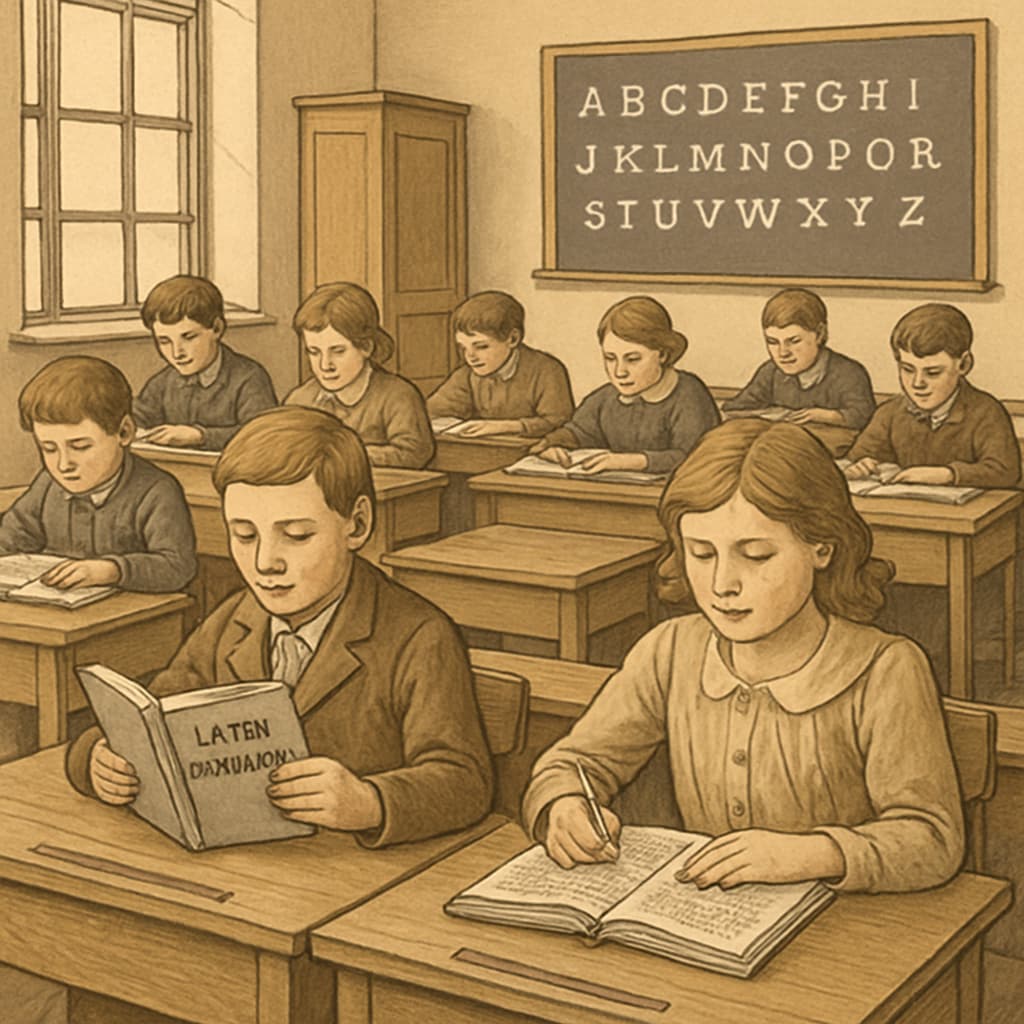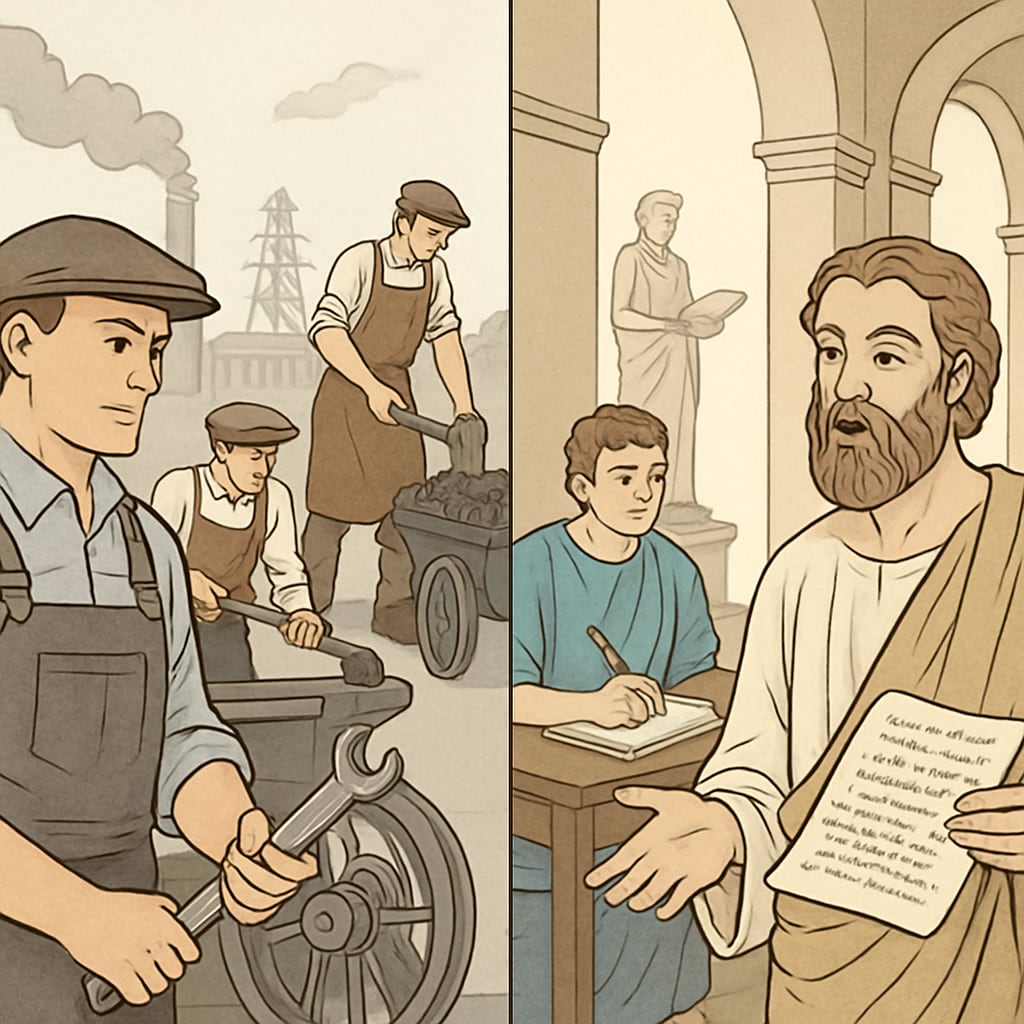Classical education, historical transitions, and pedagogical methods shaped Western intellectual development for centuries before fading into obscurity. This systematic approach, emphasizing grammar, logic, and rhetoric (the trivium), cultivated critical thinkers from ancient Greece through medieval Europe. However, seismic societal shifts gradually eroded its dominance.

The Golden Age of Classical Learning
From 500 BCE to 1800 CE, classical education formed the backbone of Western scholarship. Key characteristics included:
- Language mastery: Intensive study of Latin and Greek
- Socratic dialogue: Emphasis on reasoned debate
- Great Books curriculum: Focus on original texts
Institutions like Oxford and Harvard originally trained students exclusively through this classical model. However, three historical forces disrupted this tradition.
Industrialization’s Impact on Pedagogy
The Industrial Revolution (1760-1840) fundamentally altered educational priorities. Factories required workers with:
- Technical skills over philosophical training
- Standardized competencies for mass production
- Time-efficient learning methods
As education systems industrialized, the labor market increasingly valued specialized training over broad intellectual cultivation.

The Pragmatism Revolution
Early 20th-century thinkers like John Dewey championed experiential learning, arguing that education should:
- Solve practical problems
- Adapt to societal needs
- Prioritize utility over tradition
This philosophical shift marginalized classical education’s focus on abstract reasoning and timeless wisdom.
Standardized Testing’s Role
Modern assessment systems accelerated classical education’s decline by:
- Measuring narrow academic competencies
- Prioritizing testable content over critical thinking
- Reducing curricular flexibility
Consequently, schools abandoned labor-intensive classical methods for test-preparation strategies.
Readability guidance: Using active voice and transitional phrases, this analysis demonstrates how classical education’s historical transition reflects broader societal changes. The discussion balances academic rigor with accessible language.


